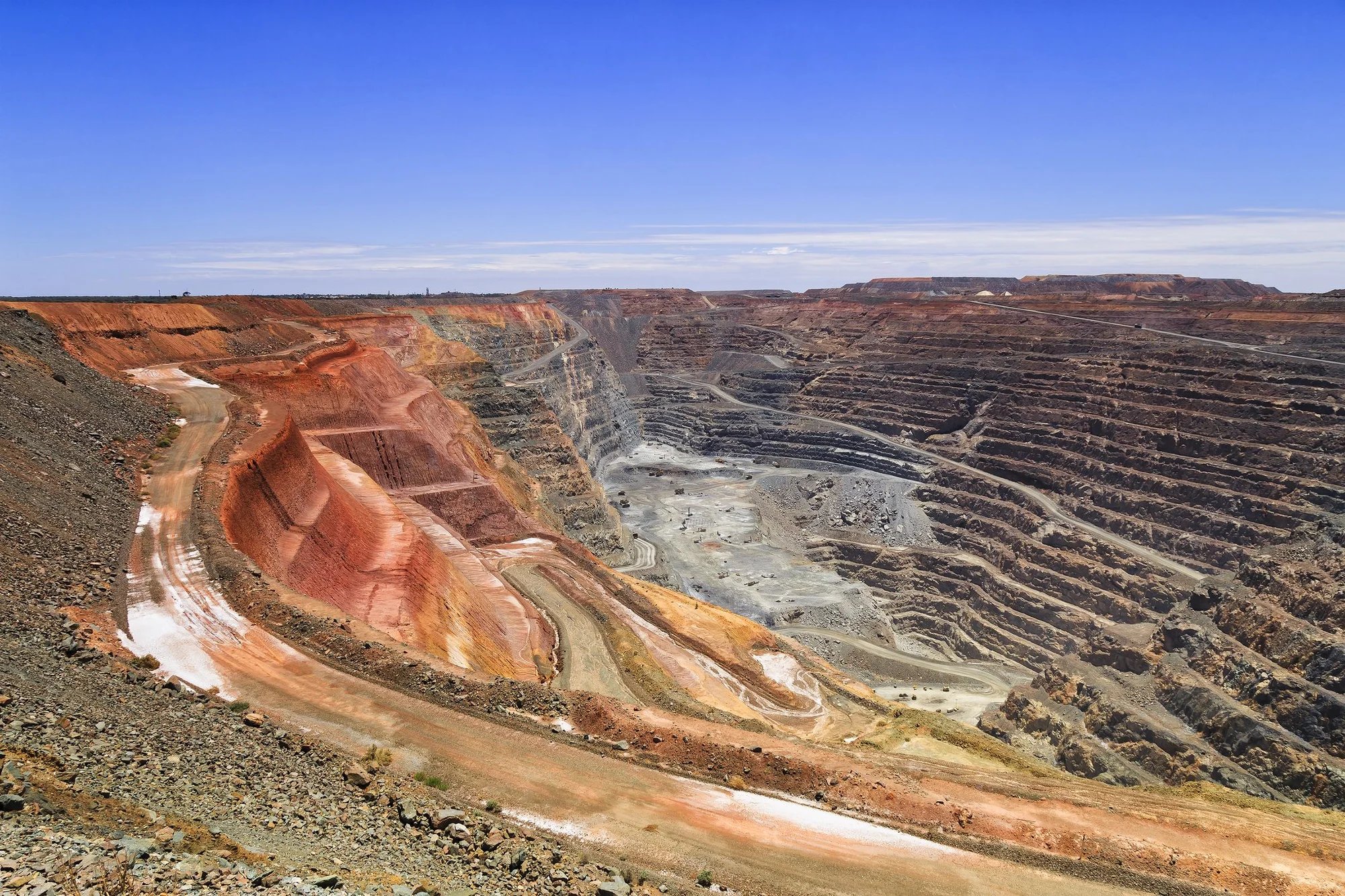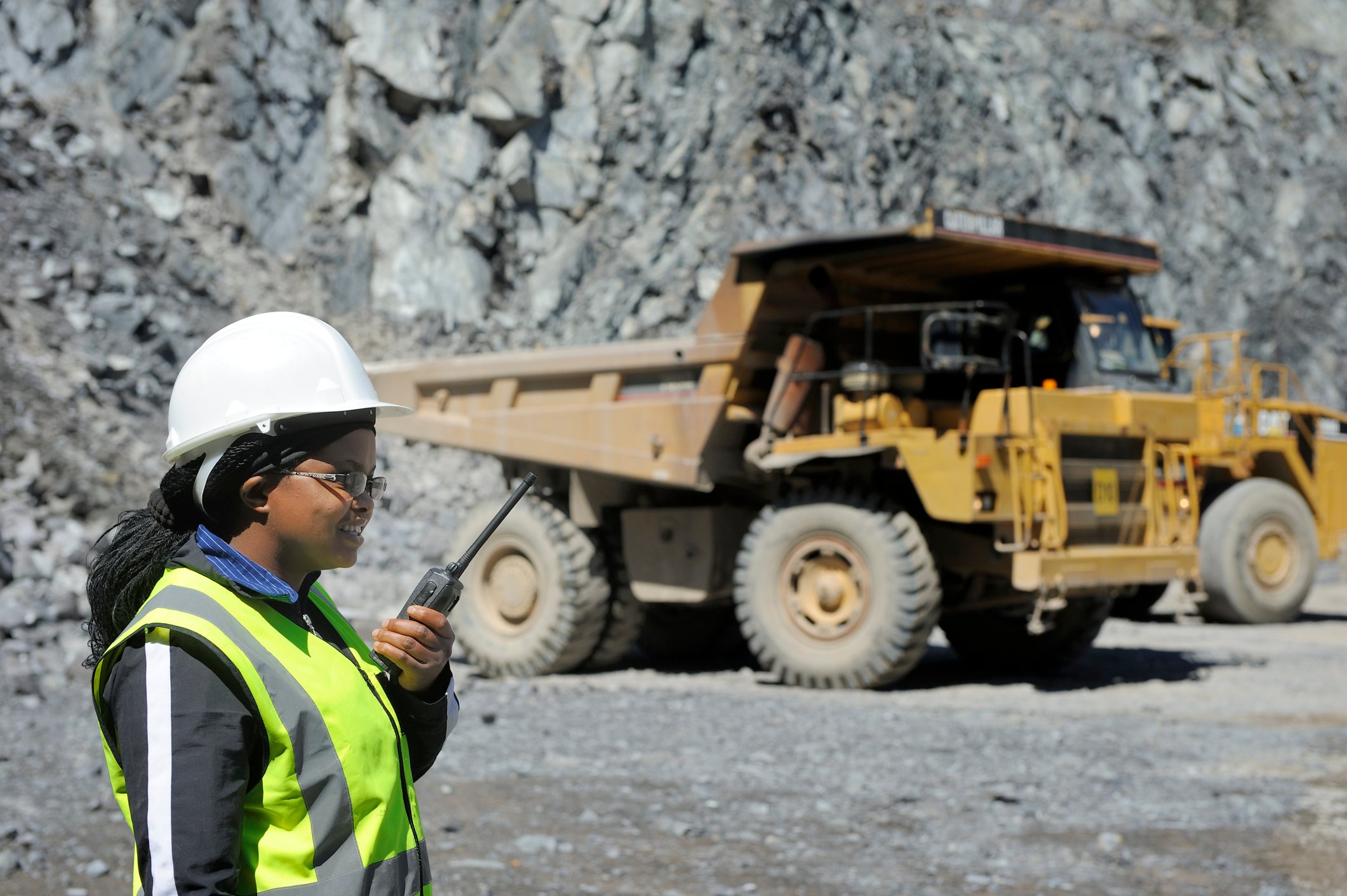USA Rare Earth (USAR +17.46%) stock is getting off to a rocky start this week. The company's share price was down 7.7% as of 2:30 p.m. ET Monday on some significant trade news. Shares had been down as much as 9.9% earlier in the day.
According to a recent report, Chinese exports of rare earth minerals have returned to their highest levels since January. The news suggests that there could be less demand for USA Rare Earth's services and capabilities in the near term.
USA Rare Earth stock slips on China minerals news
A recent report from Bloomberg stated that shipments of Chinese rare earth minerals increased 69% on a sequential monthly basis in July. The trend brought export levels to their highest point since January, and the news is having a significant bearish impact on USA Rare Earth stock today.
The company's stock has seen bullish momentum this year in conjunction with the ramping up of trade disputes and tariffs between the U.S. and China, but some recent alleviations of tensions have prompted valuation pullbacks. Despite today's sell-off, the stock is still up roughly 63% over the last three months.

NASDAQ: USAR
Key Data Points
What's next for USA Rare Earth?
Relations between the U.S. and China will continue to play a key role in shaping USA Rare Earth's stock performance. China produces the large majority of the world's rare earth minerals. Due to competition and tensions between the two countries, the U.S. has been making moves to improve its domestic mining capabilities and secure sourcing from other providers.
With recent concessions made by the U.S. to lift technology export restrictions, it seems that access to Chinese minerals has increased significantly. Along those lines, future mineral access is likely to be a key point in any potential trade deal between the two countries.
On the other hand, it's likely that the U.S. government will continue to view improving its mineral sourcing as an important priority. USA Rare Earth could get hit with more big sell-offs in response to a trade deal or continued growth for Chinese mineral shipments, but the long-term investment case is far from broken at this point.






